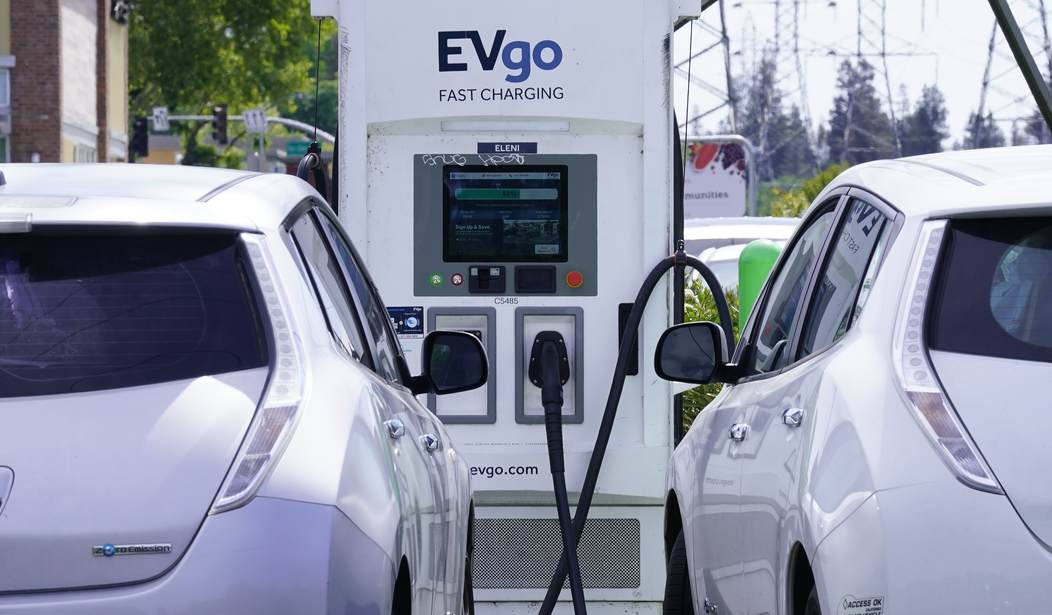In the latest twist in the whole electric vehicle scheme, Toyota announced on Thursday that they are now partnering with the American recycling company Redwood Materials to recycle electric vehicle batteries. The recycling work is apparently to be carried out in Redwood Material's Nevada facility.
Redwood Materials issued its goal to provide at least a minimum of 20% recycled nickel, 20% recycled lithium, 50% recycled cobalt, and 100% recycled copper in new batteries' cathodes and anode copper foils, according to a statement released Thursday. The company referred to the resulting battery as "the most sustainable battery components available for [Toyota's] new EVs."
"We believe this represents the first time that an automaker is both recycling end of life hybrid electric vehicle batteries, like those used in the Toyota Prius, and then returning those same recycled metals into that same automaker’s batteries for use in future electrified and all-electric vehicle," Redwood Materials said.
What's unclear is how much material is lost in each evolution; one would presume that there has to be some loss of nickel, lithium, and so on due to manufacturing losses and so forth. The battery industry is heavily reliant on imports for much of this material; much of the materials involved come from other parts of the world, some of which aren't too friendly to the United States. Lithium, for example, comes largely from China, Chile and Australia. Cobalt, another strategic mineral required for EV batteries, comes largely from the Democratic Republic of Congo, which is notorious for child labor and the non-existence of safety regulations.
It's likewise not at all clear if recycling can be scaled up enough to make a difference, at least in the short- to medium-term.
American Battery Technology, along with Redwood Materials, Retriev Technologies and Canada-based Li-Cycle — the four main builders of EV battery recycling capacity in the US — have visions on their websites suggesting they are striving to build an infinitely recyclable supply chain. But is truly infinite reuse of battery minerals possible? Experts like Milovanoff and Gutzmer say that’s unlikely due to barriers like labor costs and energy needs. Still, it is technically possible to scale up and recycle more than 90 percent of the lithium, cobalt, nickel and copper in batteries, Lipson says — as long as the economics works out.
That's the key - as long as the economics works out. So far, it doesn't look as if that's happening. American automaker Ford Motors is already pulling out of a battery manufacturing deal with a China-backed firm, citing doubts about the plant's profitability. And there are doubts about the American infrastructure being able to scale up EV charging stations; that alone is a massive and expensive undertaking.
There's an elephant in the room (there always is) that's not mentioned here, and that is electrical production. Electric vehicles, often touted as one of the major elements in a sustainable "green" energy plan, are no good unless connected to a reliable grid powered by electrical generation that is constant, day and night, windy and still, warm and cold. Meanwhile, the same green energy plans call for the shuttering of coal and natural gas plants. That's just not sustainable; it's not even possible, given the number of internal combustion vehicles that would have to be replaced. There is an answer, of course: nuclear power.
Without reliable generation capacity, all the recycling in the world doesn't matter.
You can read more about Redwood Materials and its recycling program here.














Join the conversation as a VIP Member